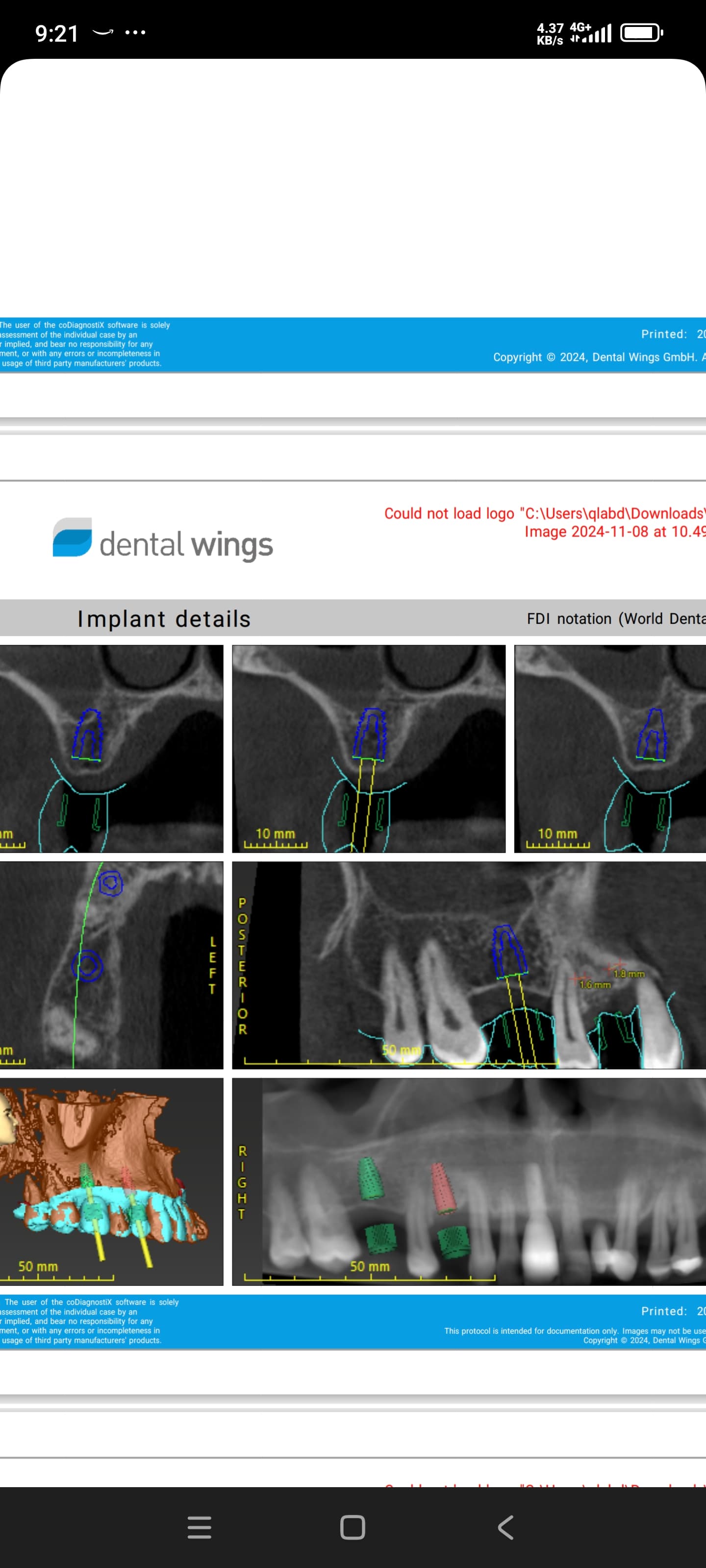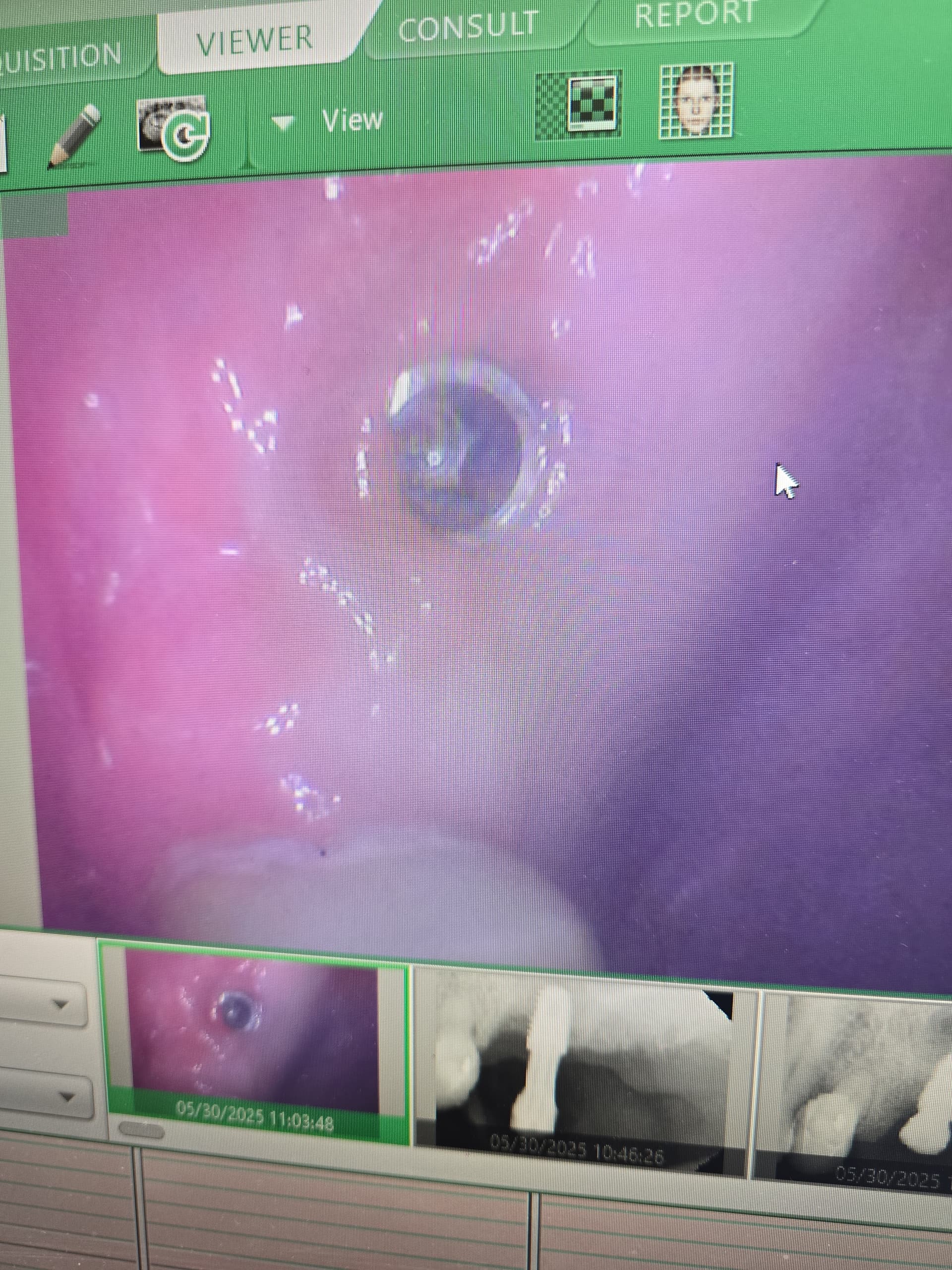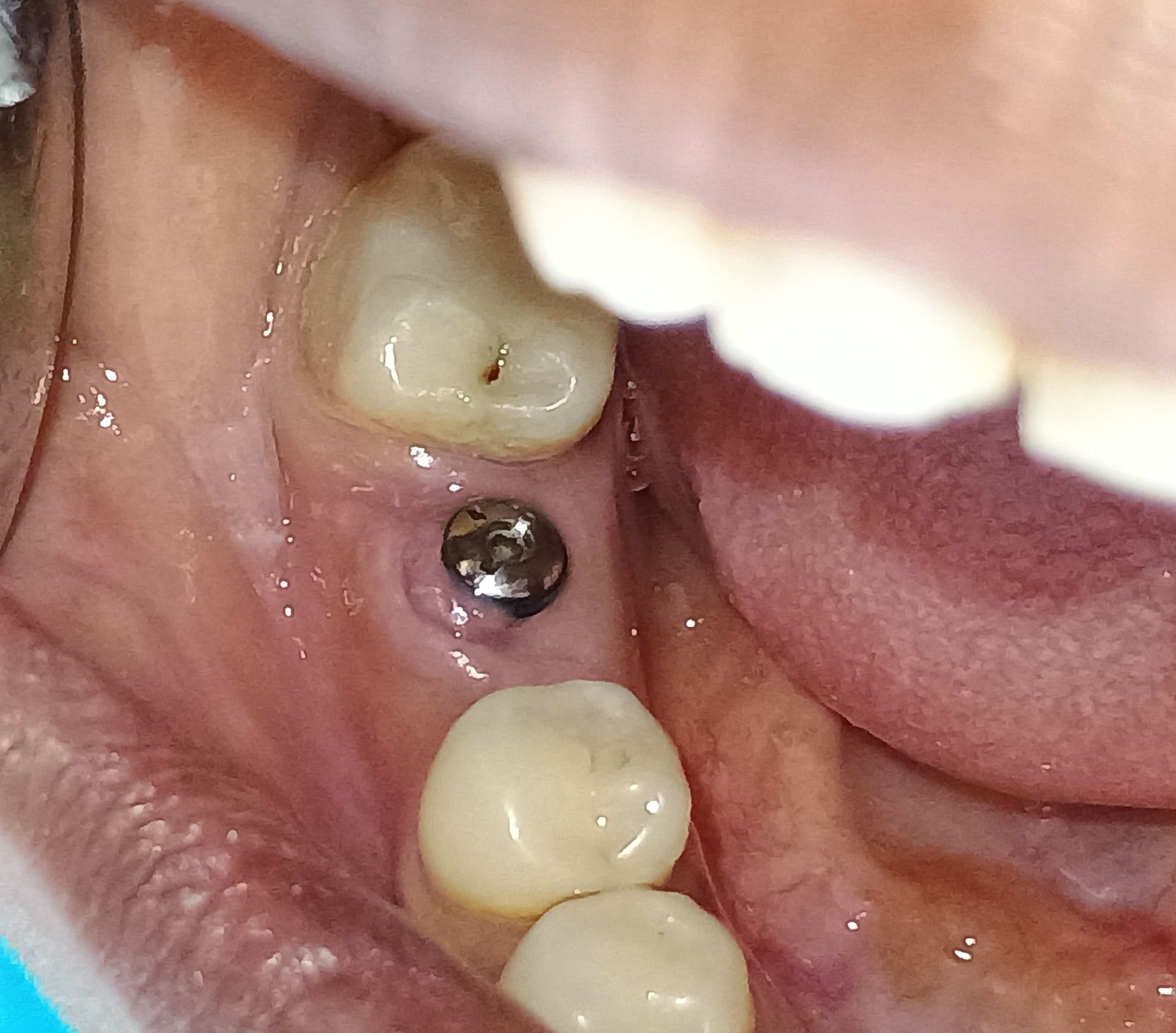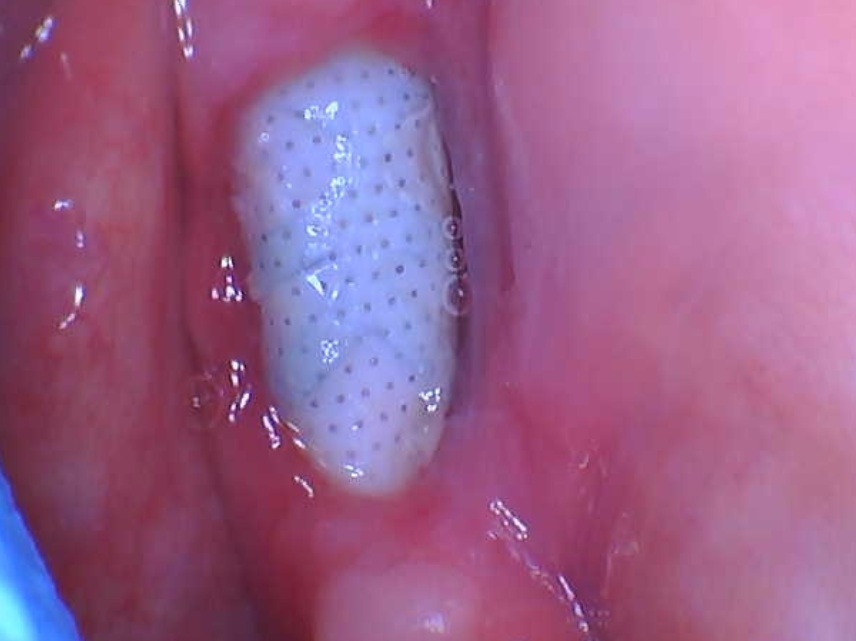Firstly please understand this format is really for dentists to discuss techniques and philosophies rather than different treatment plans for an enquiring patient. The reason for this is that a considerable amount of information is required before a reasonable diagnosis and treatment plan can be provided – certainly much more than you have provided. EG, medical history, clinical exam, your desires in regards to what you want, your expectations, your budget, technical issues and engineering possibilities and probabilities.
Secondly, I think you might end up more confused after getting different opinions on this post. The old dental joke is that if you put 100 dentists in the room you will get 100 different opinions on what to do and no one will agree with one another. The extra joke with that is that if you tell that to the 100 dentists, they will all probably say, “I don’t agree with that!”
Thirdly, my objective is to always help my patients keep their teeth for a lifetime. This is usually possible, but not always.
In an effort to help, please let me aim to provide some information for you. Understand that I feel it is prudent to save teeth if possible. Implants are great to use if teeth are missing but they have faults. Statistically between .5% to 5% fail outright. But more importantly only 55% to 65% can be classified as “successful” (using various criteria to measure “success”). So there is a large “grey” area in regards to implants. There are also extenuating circumstances to consider (smoking, diabetes, heart disease, osteoporosis medication, etc) – all of which influence the possible success or failure of implants.
Therefore if a tooth can be saved, I feel it is always best to do so (you can always extract later if needed and implant). Once extracted you cannot put the tooth back. In my opinion, a well restored natural tooth is always a better alternative than an implant.
In your case, when I look at your radiographs, my first impression is that your teeth seem to be viable for a life time. My expectation for a patient is that they will live to about 85 years old – so my expectation and question for you would be; “Can these teeth last another 40 years?” At first glance my answer would be YES, albeit there are other issues that need to be evaluated (see my points above).
The main consideration for tooth longevity is bone support for your natural teeth and it seems that your teeth have good support. Further, there seems to be plenty of root and tooth structure to use as a foundation for good restoration. So from a restorative point of view I see no real problem restoring your teeth – BUT there seems to be a lot to do and I would advise you seek the expertise of a prosthodontist not a general dentist (not being critical of general dentists but some of your teeth need extensive treatment and if you are going to aim at a lifetime job, then you would be wise to get an expert to do things properly first time – not needing to be redone every 5-10 years).
My general impression (albeit without a proper consultation and evaluation) is that your case is easy but hard (if that makes sense). So really I think you just need to find the right dentist.
Having said this, where you have teeth missing, I would definitely investigate the possibility of placing implants (as mentioned, implants are definitely a great substitute where teeth are already missing because they are generally a better alternative than partial dentures or bridges).
I hope this helps you and does not confuse you too much.


























